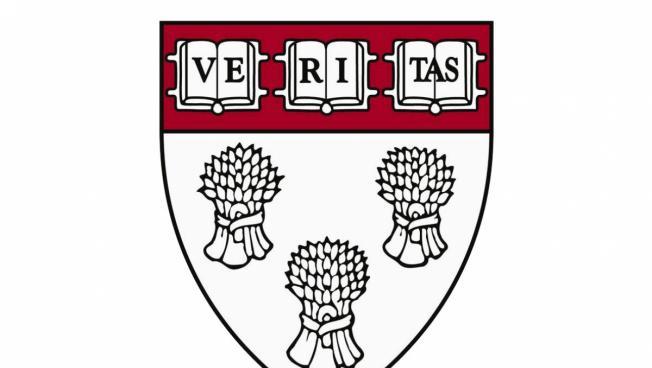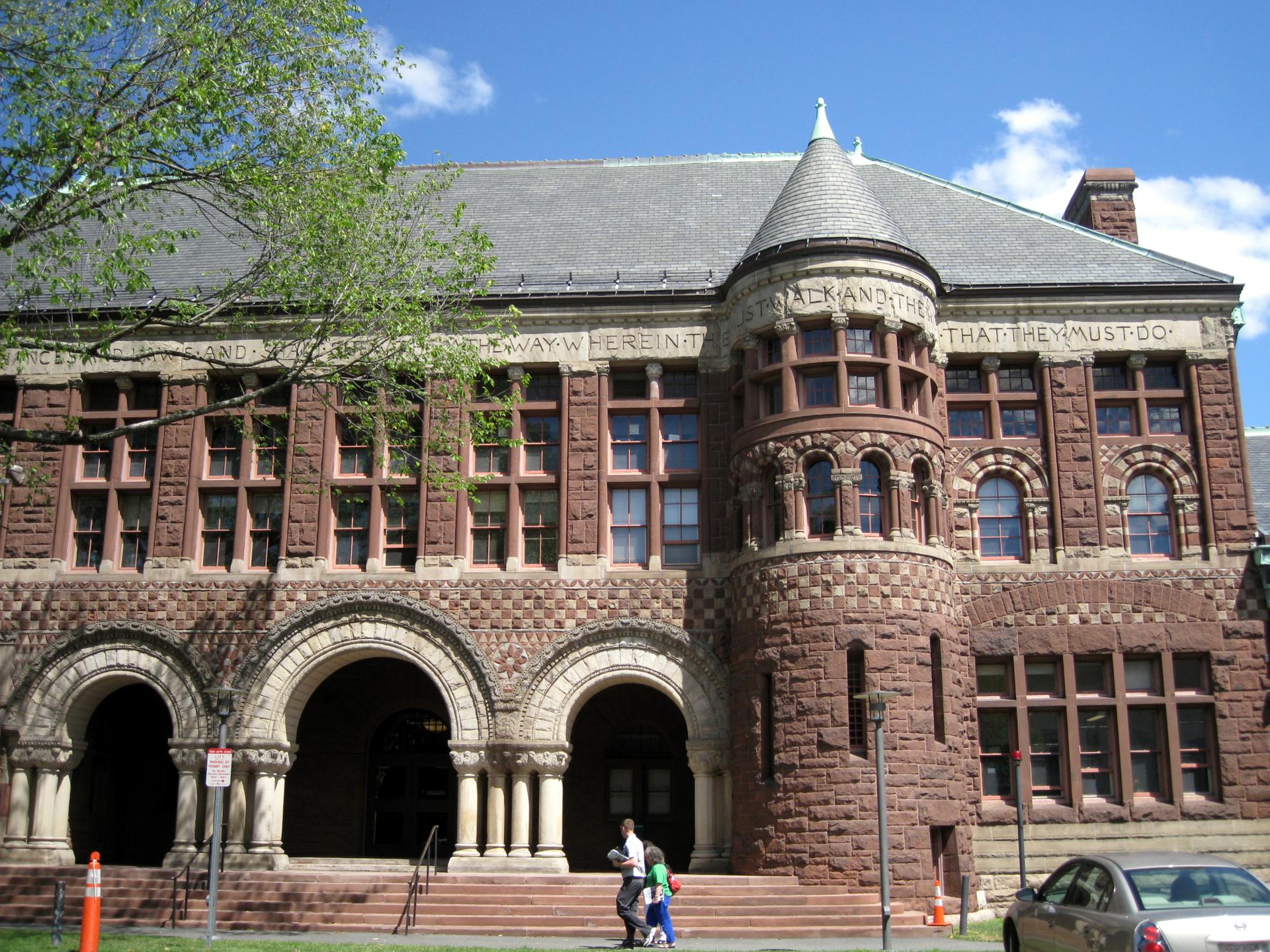Harvard Law School
The blue house sits on a quiet street in Medford, Massachusetts. Its only distinction — the small black and gold plaque near the front gate, and the building tucked just behind it.
This is the Royall House and Slave Quarters built by wealthy slaveholder Isaac Royall, Jr., the long-dead benefactor of Harvard Law School. Royall literally built his fortune on the backs of slaves — his murderous cruelty is well documented. The Royall family crest is the model for Harvard Law School’s official seal, but apparently not for much longer.

No doubt this decision will intensify the nationwide debate about whether to preserve offensive imagery and monuments for the sake of tradition, or to remove them for the sake of rectification. Though the committee’s final verdict supported the protesters' demands, it was not unanimous. Two dissenters argued the seal should stay as a visible link to slavery, with a shift away from the wealthy slaveholder to a refocus on “those enslaved at the Royall Plantation.”
I am sickened by Royall’s history of violence against enslaved people. Uncomfortable that this slavery legacy has represented the most prestigious law school in the country. And distressed that students of color have had to work in the shadow of an unacknowledged sin against humanity.
But, I worry that simply removing the seal is, well, a whitewash of that history. I’m not convinced whatever replaces the seal will make clear the reason for the removal and, most importantly, the specifics of Royall’s abuse. By the way, I don’t have any such qualms about the removal of the Confederate flag. It’s unconscionable that the Confederate flag, embodying the worst racial violence in this country, should be on government property. Put it in a museum accompanied by the full contextual history.
Judging by the response to the Harvard committee’s recommendation, a lot of people are missing the point about the removal of the seal.
How, many ask, is slavery represented by three simple bundles of golden wheat on a blue shield?
Through my lens, the wheat is a symbol of the bondage, the visual representation of the abundant harvests gathered under the threat of the whip by the people deemed property of the Royall compound. And then I consider the lie of the word VERITAS — Latin for truth — at the top of the shield, which ignores the history of slavery.
The committee’s recommendation will now go to the Harvard Corporation, which will make the final decision. Removing the seal won’t eliminate all of the other race-related issues at Harvard Law School. But knowing and acknowledging the truth of its history seems a more honorable legacy.
A version of this commentary first appeared on WGBHNews.org.
